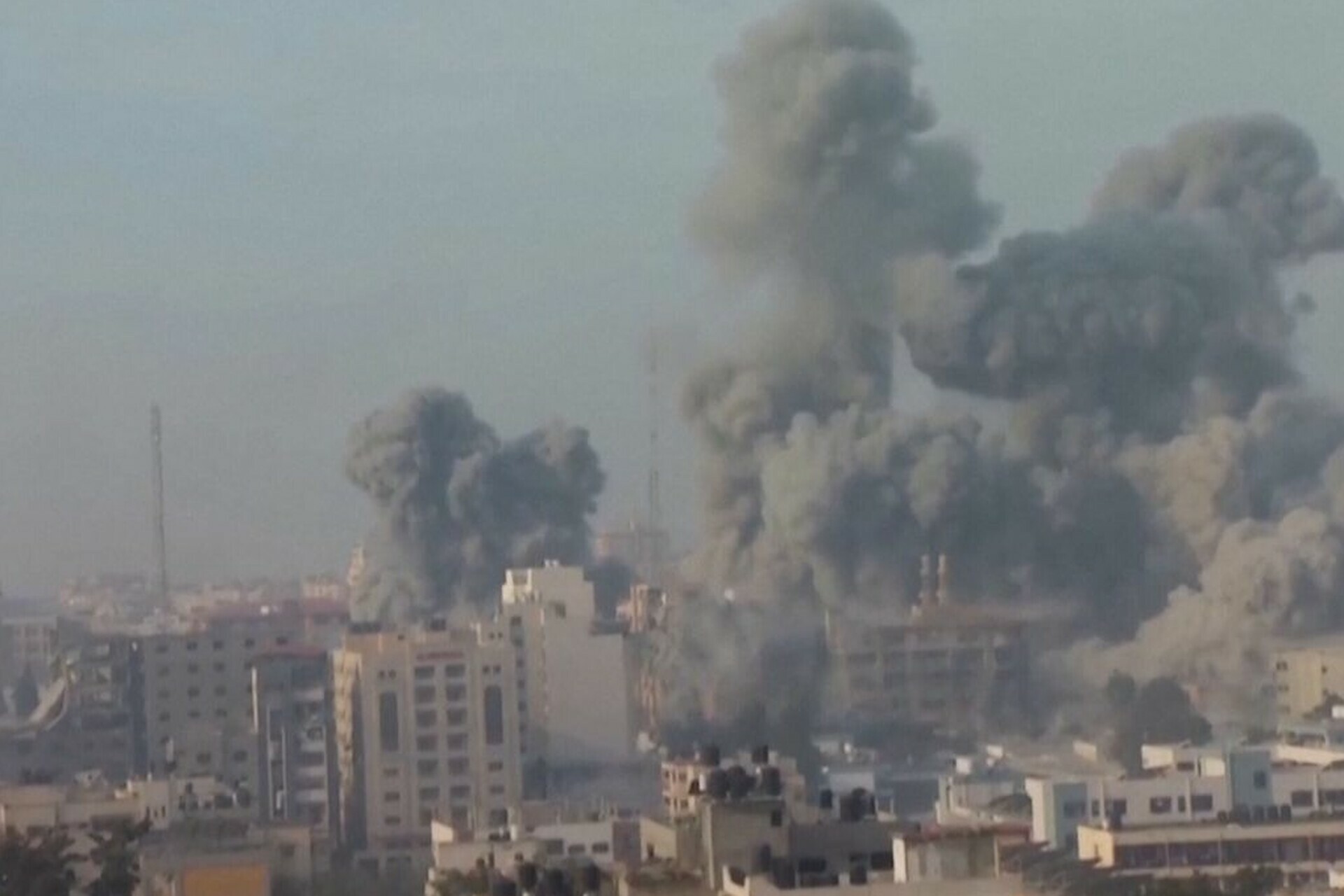Gaza Crisis - 2

In recent weeks we have received further enquiries from university partner colleagues, asking what we are doing, or hoping to do, to help academics caught up in the violence and destruction in Gaza.
As we said in our first update on this subject, our focus is on finding ways to help the individual academics who need to get to safety, not on the politics behind the conflict. The region is not new to us; we have been supporting Palestinian Fellows for some years. Tragically, as we reported earlier, one of our alumni who had returned to Gaza was killed in January, when his house was bombed. Another is still there; we have a further placement lined up for him in the UK, but he cannot leave at the moment. In his latest note to us, he wrote that he and his family ‘are living on sands near the sea with little food and water.’ Our hearts go out to them, and to all the other victims of the violence.
Gaza’s universities are now in ruins, and so, as and when people are able to leave, we would expect many academics in Gaza to want to seek safety and an opportunity to work abroad, at least temporarily. Since October we have already received some 100 applications from Palestinians; around 70 of them are still in Gaza, while the 30 or so others are in third countries, mainly Egypt. We are currently focusing on a group of 15-20 applicants who are now outside Gaza and who seem in principle to be eligible for Cara’s support and to be able to access a UK Visa Application Centre. Most are looking for postdoctoral Visiting Fellow research placements, with a few hoping to study for a PhD.
There are some hurdles still to overcome. Some of them lack key documents (hardly surprising, in the circumstances) and some do not have any formal legal status in the countries in which they now find themselves, which could affect their ability to apply for a UK visa there. But these problems should not be insuperable. If any UK university feels able to offer a funded placement for a Gazan academic, even on an ‘in principle’ basis, we would very much like to hear from them, at [email protected]. We estimate that a September/October 2024 start date might be possible for the applicants with whom we are currently working, but we would very much like to hear from universities who might be able to help later in the year or in 2025 too, so we are able to respond quickly to any future developments.
When it becomes possible to rebuild higher education in the area more generally, we hope to be able to help with this also, using the experience we have gained through our three regional programmes (e.g. our current Syria Programme). We have been doing some more thinking about this since our first update, trying to identify what might be possible, where, and with whom. We hope to have more to say about this before long.
Palestinian academics who are already in the UK may also wish to look through our Funding Directory for Palestinian researchers.

